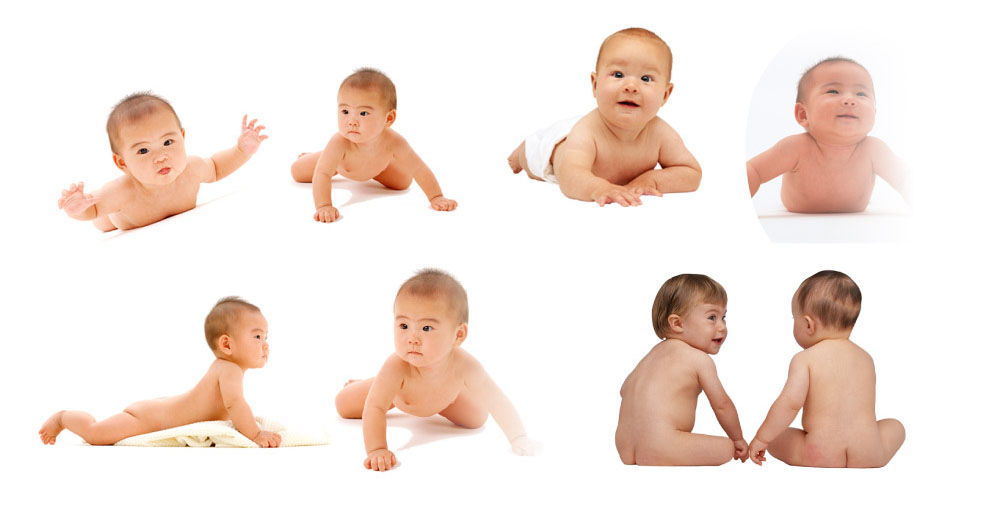 Source: bing.com
Source: bing.comAs a new parent, you might have heard the phrase “developmental milestones” being tossed around by your pediatrician, friends, and family members. But what exactly are developmental milestones and why are they important for your baby’s growth and development?
Table of Contents
What Are Developmental Milestones?
Developmental milestones are skills or abilities that your baby is expected to achieve by a certain age range. These milestones are based on a range of typical development and are used as a guide to assess your baby’s growth and development. Developmental milestones can include physical, cognitive, social, and emotional skills that your baby should be able to achieve at certain stages of their life.
Why Are Developmental Milestones Important?
Developmental milestones are important because they help to monitor your baby’s growth and development. They also help to identify any developmental delays or concerns early on so that appropriate interventions can be implemented. Early intervention can make a significant impact on your baby’s development and can help to improve outcomes in the long run.
What Are Some Examples of Developmental Milestones?
Developmental milestones can vary depending on your baby’s age range. Here are some examples of developmental milestones for different age groups:
- 0-3 months: lifting their head, following objects with their eyes, and responding to sounds.
- 4-6 months: rolling over, sitting up with support, and babbling.
- 7-9 months: crawling, pulling themselves up to stand, and saying “mama” or “dada”.
- 10-12 months: walking with assistance, picking up objects with their thumb and forefinger, and saying a few words.
How Can You Help Your Baby Reach Their Developmental Milestones?
There are many ways that you can help your baby reach their developmental milestones. Here are some tips:
- Provide a safe environment: Make sure that your baby has a safe and secure environment to explore and practice their skills.
- Play and interact with your baby: Engage in activities with your baby that promote their development such as reading, playing with toys, and singing songs.
- Encourage physical activity: Give your baby plenty of opportunities to move and explore their environment.
- Provide a healthy diet: Make sure that your baby is getting the proper nutrition to support their growth and development.
- Attend regular checkups: Regular checkups with your pediatrician can help to monitor your baby’s growth and development and identify any concerns early on.
Conclusion
Developmental milestones are an important part of your baby’s growth and development. By understanding what developmental milestones are and how to support your baby in reaching them, you can help to promote healthy development and set your baby up for success.
Frequently Asked Questions
- What if my baby doesn’t reach a developmental milestone?
- Are developmental milestones the same for every baby?
- What if my baby reaches a milestone earlier or later than expected?
- What if my baby is not interested in certain activities that promote their development?
- How can I tell if my baby is meeting their developmental milestones?
If your baby doesn’t reach a developmental milestone, it’s important to talk to your pediatrician. They can assess your baby’s development and make recommendations for interventions or therapies if necessary.
Developmental milestones can vary from baby to baby. However, they are based on typical development and can be used as a guide to assess your baby’s growth and development.
It’s common for babies to reach milestones at different ages. If your baby reaches a milestone earlier or later than expected, it’s not necessarily a cause for concern. However, if you have any concerns about your baby’s development, it’s important to talk to your pediatrician.
Every baby is different and may have different interests and preferences. If your baby is not interested in certain activities, try to find other activities that they enjoy and that promote their development.
Your pediatrician will assess your baby’s growth and development at regular checkups. You can also monitor your baby’s progress by observing their skills and abilities and comparing them to typical developmental milestones for their age range.
